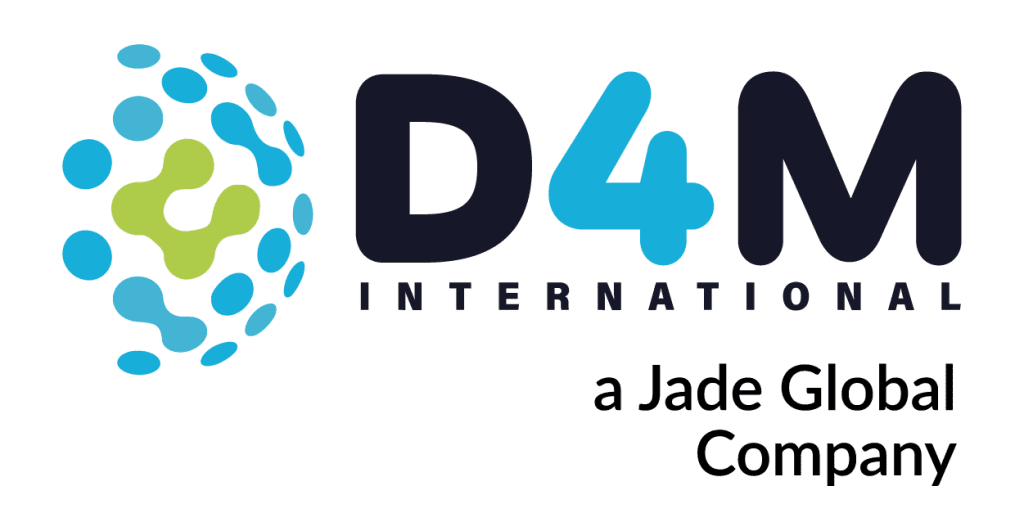In Mergers and Acquisitions, there is no step more important then due diligence. Before contracts are signed, before the merging process begins, there comes the intensive planning process to take full inventory of the seller’s assets from the mundane to crucial. This process is especially taxing when it comes to large multi-national corporations who’ve been in business for over several decades.
However, in the digital age – where every task is dictated through technology – it is especially important to complete due diligence correctly. Here to help you through this process is D4M International COO Jean-Yves Durocher to help you maintain a manageable scope of technological assets, streamline tech/contract redundancies, AND to make sure to work together with other departments to get a better perspective of assets.
Jean-Jacques: I heard you use a term just now, “due diligence”. Can you go into more detail as to what that entails? It seems to me like it is a massive planning phase for an M&A process.
Jean-Yves: Due diligence is a very critical step where the buyer will look at AND be allowed to ask any question – or almost any question – they want to ask.
Jean-Yves: And, obviously, when it comes to technology during a merger, with due diligence, you basically have to go over what technology is being used by the buying company inside and out. So, it’s a process that let’s the buyer know: what are you buying? What are they running? Which ERP are they on? Which cloud software are they running: Amazon cloud or something else? Etc. Security wise, what type of security do they have? What type of database do they use? And what kind of scheduling?
Jean-Yves: So, in simple terms, you have to do a full inventory or as close to full as possible – especially, when it comes to technology. Once that is completed, the corporation has to make your own mind of “okay, now that we know what we bought and what technology they were using, how you can integrate them later?”
Jean-Yves: And, obviously, the cost to support some applications out there are much more costly than others. It’s true for ERP, but it’s also true for other type of platforms. So, to get back to your question, the exercise of due diligence, is not necessarily complex per se, but there’s a lot of detail to go through because you must, in a short period of time, have to get (or try to get) a full inventory of the technology currently in place today.
Jean-Yves: Keep in mind, the due diligence could outline all technology that has been purchased and installed over a decade or two. So, for example, let’s say the purchased company gives all employees a work laptop: what version of windows are they running – the old version of windows or the new version of windows? Not only that, but if you deal with a corporation that has thousands of PCs and laptops, it’s very likely that the tech they’re running (and/or potential shortcomings) are spread over the years.
Jean-Yves: At the company, they might have several versions of Microsoft, several version of word, and several interlocking/redundant hardware contracts. Hopefully not. But, yeah, it’s definitely a reality check as most corporations have tons of software acquired over a few decades. So, as part of the due diligence, you need to survey a good portion of your inventory and that will bring some potential risk/cost to the acquisition. For example, if the company’s running an outdated version of software that is no longer supported, then you need to figure that out and tell the buyer to do necessary upgrades/replacements.
Jean-Yves: It’s a detailed exercise, and I think that there’s no such thing as trying to look at the 30,000-foot view. It needs to be a very meticulous exercise, not necessarily complex, but good checklist always helps.
Jean-Yves: Good planning. Make sure you don’t forget anything.
Jean-Jacques: Okay so, long and short of it, the due diligence is a step that companies do in a merger acquisition that’s before any of the IT team are there to help with the rollout process.
Jean-Yves: Yeah, that’s correct. This is the review by the buyers of what’s happening in the company they want to purchase.
Jean-Yves: That’s basically due diligence and it’s a common exercise in the marketplace. Normally, the only will IT get involved after the process. But, then again, the IT side is often just a part of a much larger, global, “big picture” process where other departments will all do a piece of the job. For example, HR will have to look at the employment contracts; if the company you just bought have to deal with the union or if there was previous agreements with employees, etc. The lawyers will want to see any contract that you might have or lawsuits.
Jean-Yves: So, the due diligence is always, I would say, a multi-stream operation between HR, legal, IT, so on. It’s a very intense exercise prior that takes place prior to the company making an offer or getting into the next step; which, normally, is getting into a contract or purchasing agreement negotiation.
Jean-Yves: the IT side and taking tech inventory is just a portion of due diligence, but, nowadays, since everything runs into some form of technology, is still a vital portion of the process. If you are part of HR, legal, what-have-you, there’s technology just about everywhere. And the plant level adds another layer in manufacturing where you will have to deal with robotics and scanners and everything.
Jean-Yves: But, in this case, I would say typically, the strategy is always to try to keep the least amount of disruption in the daily production operation. But still, it is part of the due diligence.
For more interviews/success stories, be sure to check out the official D4M International YouTube page!
D4M is a privately owned company specializing in leveraging digital technologies to accelerate manufacturing clients to their transition to Industry 4.0. With long tenure and hundreds or successful projects, we are confident that our approach and experience provides the roadmap to help bring clarity and efficiency to your manufacturing operation.
To find out how we can help with your SAP environment, or to learn more about how we rolled out SAP to 60 locations in 60 months, reach out to us today. Contact form and office numbers listed below.
We look forward to partnering with you!






